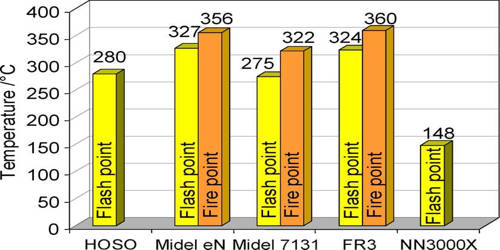Try progressive relaxation. All the way from fingers to toes— tense and then release each muscle group in the body (lower arm, upper arm, chest, back and abdominals, etc.). Once the body is relaxed, the mind will be soon to follow!
Meditation is globally recognized as an essential tool for stress reduction and mental peace. This increase in its awareness in the society is beneficial for everybody on our planet as the very process of meditation brings unity and brotherhood among people.
- Try some light yoga. The combination of deep breathing techniques and poses makes this activity work to reduce stress, too.
- Meditate. The “mental silence” that goes along with meditation may have positive effects on stress (especially work-related stress)
- Breathe deep. Taking a deep breath has been shown to lower cortisol levels, which can help reduce stress and anxiety. Studies suggest deep breathing can also cause a temporary drop in blood pressure
- Spark some scents. Studies suggest aromatherapy can be a good way to relieve stress. Certain aromas (like lavender) have been consistently shown to reduce stress levels.
- Listen to music. Research points to multiple ways in which music can help relieve stress, from triggering biochemical stress reducers to assisting in treating stress associated with medical procedures.
- Laugh it off. Laughter can reduce the physical effects of stress (like fatigue) on the body
- Drink tea. One study found that drinking black tea leads to lower post-stress cortisol levels and greater feelings of relaxation.
- Exercise. That post-exercise endorphin rush is one way to sharply cut stress.
- Try guided visualization. Visualizing a calm or peaceful scene may help reduce stress and ease anxiety .
- Join a religious community. Surveys have shown a major underlying reason people practice religion is for stress relief. One study even found that college students who practiced a religion were less stressed than their non-religious counterparts. And other research suggests religious people are less likely to experience stress-related mental illness.
- Chew gum. Studies suggest the act of chewing gum can reduce cortisol levels, helping to alleviate stress.
- Get a massage. Getting a good ol’ rub down may do more than alleviate physical pain. Studies suggest massage may also be beneficial for fighting stress. It may also help improve body image.
- Try self-hypnosis. Research suggests hypnosis can help reduce anxiety. Plus, it’s a great self-mediated technique for stress-relief.
- Talk About sex, Baby. Studies have shown sex can actually decrease the physical symptoms of stress, like lowering blood pressure.
- Take a nap. Napping has been shown to reduce cortisol levels, which aids in stress relief.
- Hug it out. Hugging may actually reduce blood pressure and stress levels in adults .
- Hang with your pet. Or, as we’ve put it before, just get a dog. Dog owners have been shown to be less stressed out— most likely thanks to having a buddy to cuddle .
- Do an art project. Art therapy can potentially reduce stress-related behavior and symptoms.
- Write it out. Keeping a journal may be one way to effectively relieve stress-related symptoms due to its meditative and reflective effects. A gratitude journal can really help us put things in perspective, so pick a time every day to write down a few things that make you happy.
- Take a walk. A quiet, meditative stroll can do wonders for stress relief, especially when we step outdoors . Try not to rush, and take whatever pace feels most natural.
















